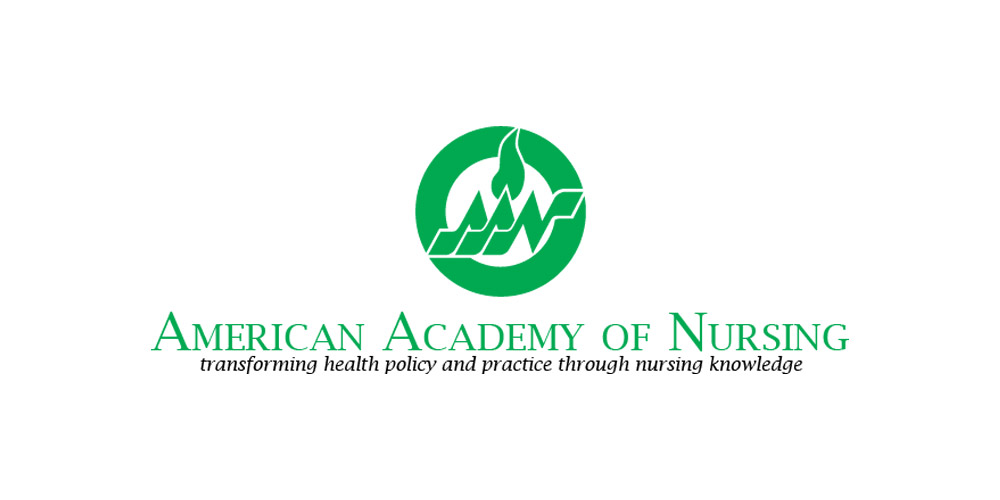The American Academy of Nursing, a 2,500-member organization that aims to advance health policy, practice and science, released a policy brief on Tuesday, calling for all students to have access to a full-time registered nurse while in school.
The brief, titled “The vital role of school nurses in ensuring the health of our nation’s youth“, was published in the Academy’s journal, Nursing Outlook.
The Academy says daily access to a registered nurse will improve the health of American children and decrease future health care money needed to address unmanaged adult health concerns such as diabetes and cardiovascular disease.
“The health of our nation’s youth affects the health of the nation now and in the future, and is a critical investment,” reads the brief. “Rates of chronic health conditions continue to increase and become more complex. The number of outbreaks of communicable diseases such as measles and pertussis has been increasing as a result of the increase in immunization exemptions that have caused decreased herd immunity for these and other conditions.”
The brief says researchers have found the presence of a full-time school nurse decreases absenteeism, increases immunization compliance, improves chronic condition management, promotes health and helps with identifying and managing mental health issues.
The brief also emphasizes an increase in behavioral and mental health issues, indicating depression, school violence and bullying are on the rise and manifesting at younger ages.
“School nurses deliver skilled health care to students, provide referrals to other providers, and assist families in gaining access to specialized care,” the brief continues. “Yet, despite these undisputed benefits, many schools do not have daily access to a full-time school nurse due to inadequate funding and lack of integration of School Health Services to the broader health-care system.”
Here are some recommendations from the American Academy of Nursing on improving health care in schools:
- The Center for Medicare and Medicaid Services (CMS)’s Innovation Center should fund innovative school health service (SHS) models, including population-based health for funding school nurses in schools with high numbers of Medicaid eligible students (over 80%).
- Health insurance companies should contribute funding for SHS models through third-party reimbursements.
- Local, state and national offices of education should collect and report data related to student health and the number of school nurses working in schools.
- Health care systems should partner with educational institutes and contribute to the funding of school nurses.
- Higher education institutions should continue to emphasize the role of school nursing as part of the public health and/or pediatric nursing content in its nursing baccalaureate programs.
- Private and public research funding agencies should include school health as a priority and allocate funds to address the health needs of school-age children.
Read the Academy’s full policy brief here.







